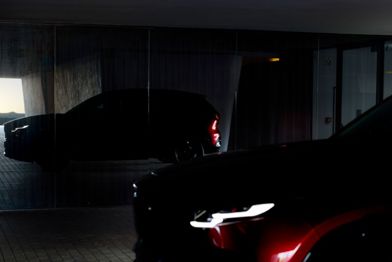Prominent Chinese carmakers and electric vehicle (EV) battery giants, including BYD and CATL, have united to establish the China All-Solid-State Battery Collaborative Innovation Platform (CASIP).
This pioneering initiative, first reported by Nikkei Asia, aims to spearhead the development and commercialisation of all-solid-state batteries for EVs, potentially transforming the global EV market.
Strategic collaboration

The alliance brings together the prowess of Chinese industry and academia, with renowned players such as BYD and CATL at the forefront.
The formation of CASIP, a government-led initiative, is a strategic move to build a robust solid-state EV battery supply chain, leveraging China's dominant position in the global EV battery market.
According to data from SNE Research via Bloomberg, BYD and CATL alone contribute to over half of the global share of EV battery sales, with CATL’s sales figures in the US and Europe doubling last year.
Tesla is a notable customer, currently using both BYD and CATL battery packs for the Model Y.
Focusing on next-gen technology

Ouyang Minggao, a Tsinghua University professor specialising in auto tech development, emphasised the critical nature of this venture: “We need to be prepared for the risk that all-solid-state battery technology could overturn China’s upper hand in the EV battery market.”
The consortium's primary objective is not only to advance the technology but also to establish a comprehensive supply chain for EVs equipped with solid-state batteries.
But despite the hype around solid-state EV battery technology, with companies like Toyota having over 1,300 patents in this area, the actual market implementation has been slow, with Chinese firms holding fewer than 100 patents.
This alliance, therefore, represents a strategic move to ensure that China remains a key player in the evolving landscape of EV battery technology.





